© 2024 Fairoils Limited | Web design by Excite Media
Home / Mt Kenya Project

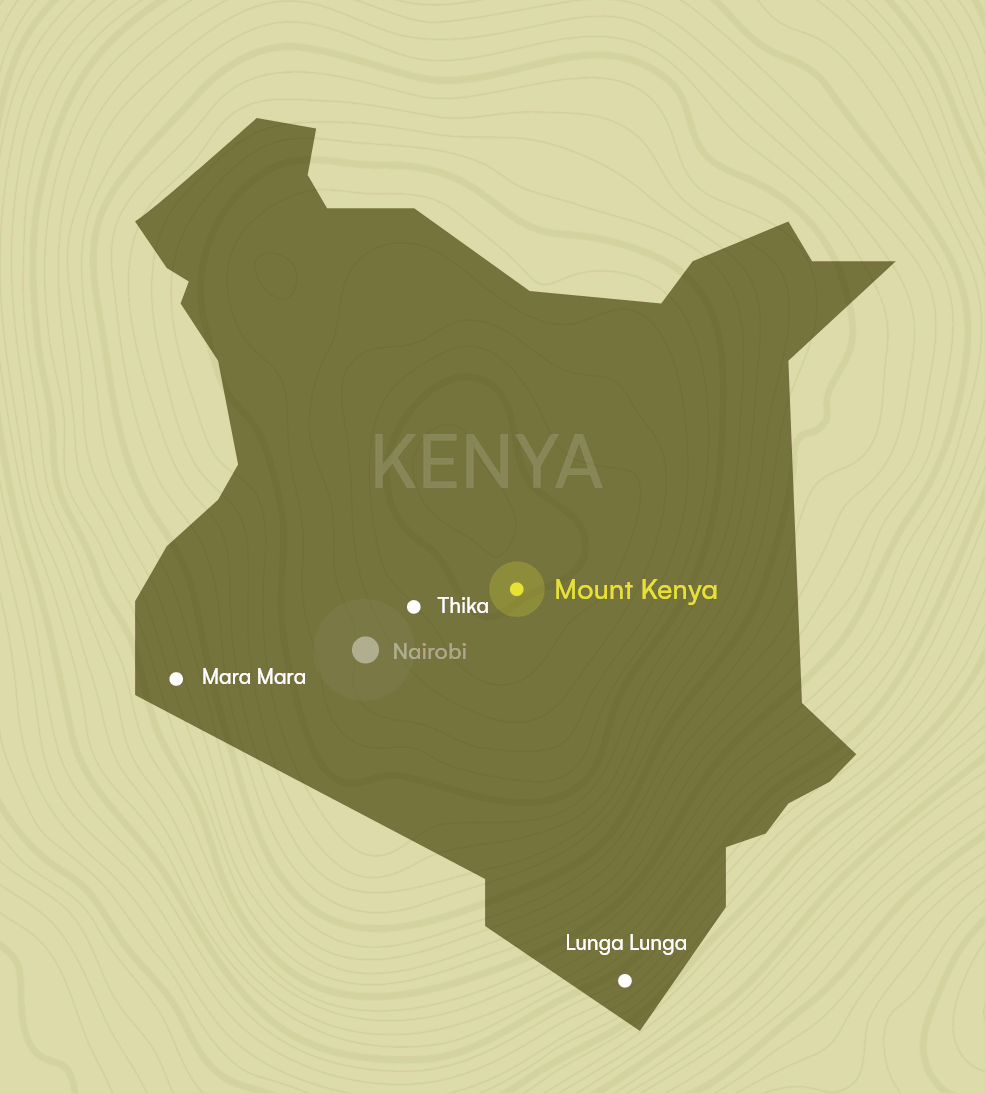
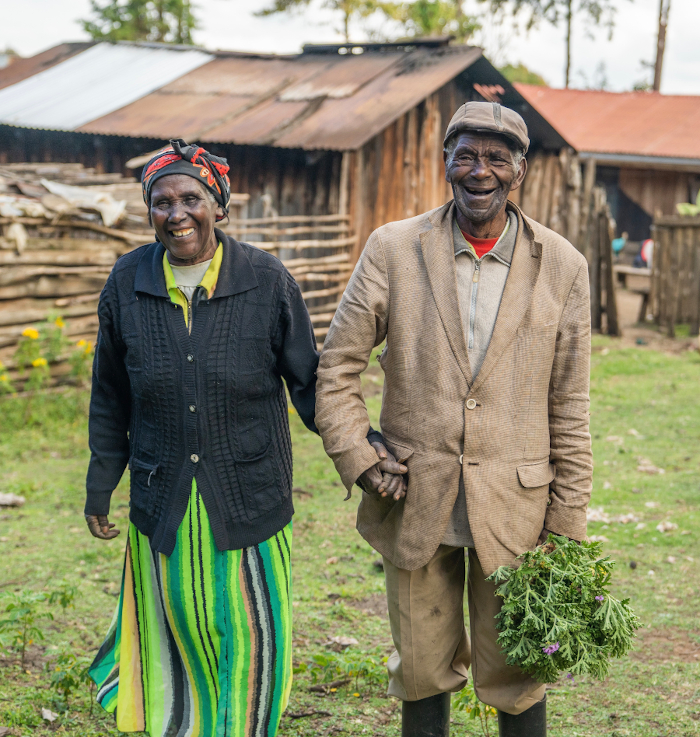
Fairoils has been improving the livelihoods of small-scale farmers in Nanyuki County since 2013.
This project is our most advanced out-growers group, with the highest number of field officers working alongside farmers. Farmers have been able to confidently invest time in Fairoils crops, gaining an important second income.
The Mount Kenya project is located around Nanyuki, a market town in the highlands of Kenya. The project lies at the foot of Mount Kenya and is the gateway to the Laikipia plateau, one of Africa’s most important wildlife conservation areas.
While the region straddles the equator, the high elevation offers warm days and cool nights—an ideal combination for essential oil formation.
Parts of the Mount Kenya project lie in a rain shadow and receive limited rainfall. In times of drought, water access and quality are a challenge for local communities.
Nanyuki is an area of extreme poverty. Many farmers grow fruit and vegetables for international buyers, but can struggle to meet quality standards. There is also a risk that fruit may go unsold, left to rot on the farm.
Fairoils aims to alleviate poverty in the Mount Kenya region by creating a second income stream for local farmers.
Many of the farmers involved in the Mount Kenya project are experienced fruit and vegetable growers. By establishing new crops in the region, Fairoils aims to give these skilled farmers a reliable source of additional income. A fair and secure income can help improve the wellbeing of the entire community.
We supply growers with seedlings and other supplies through a revolving credit facility, where the costs of these inputs are repaid from harvest income. We also give each farmer a written guarantee that all of the raw material they produce will be purchased by Fairoils, providing real peace of mind.
Raw material is processed in our commercial processing facility, located within 20 kilometres of most farmers.
Our field officers provide agronomy expertise, visiting farms to share knowledge and help monitor crops. The success of farmers is our field officers’ priority.
Each field officer builds a strong relationship with a small group of farmers. They host field days and demonstration days, and organise opportunities for farmers to visit other farms and share knowledge.
Field officers use farmforce™ technology to record data about cropping. This information helps Fairoils provide practical support to farmers, as well as forecast yield and biomass with accuracy.
Weights and payments are administered in farmforce™, ensuring farmers are paid quickly.
Many farmers have now moved away from vegetable farming to focus solely on growing essential oil crops, with positive impacts for their families and communities.
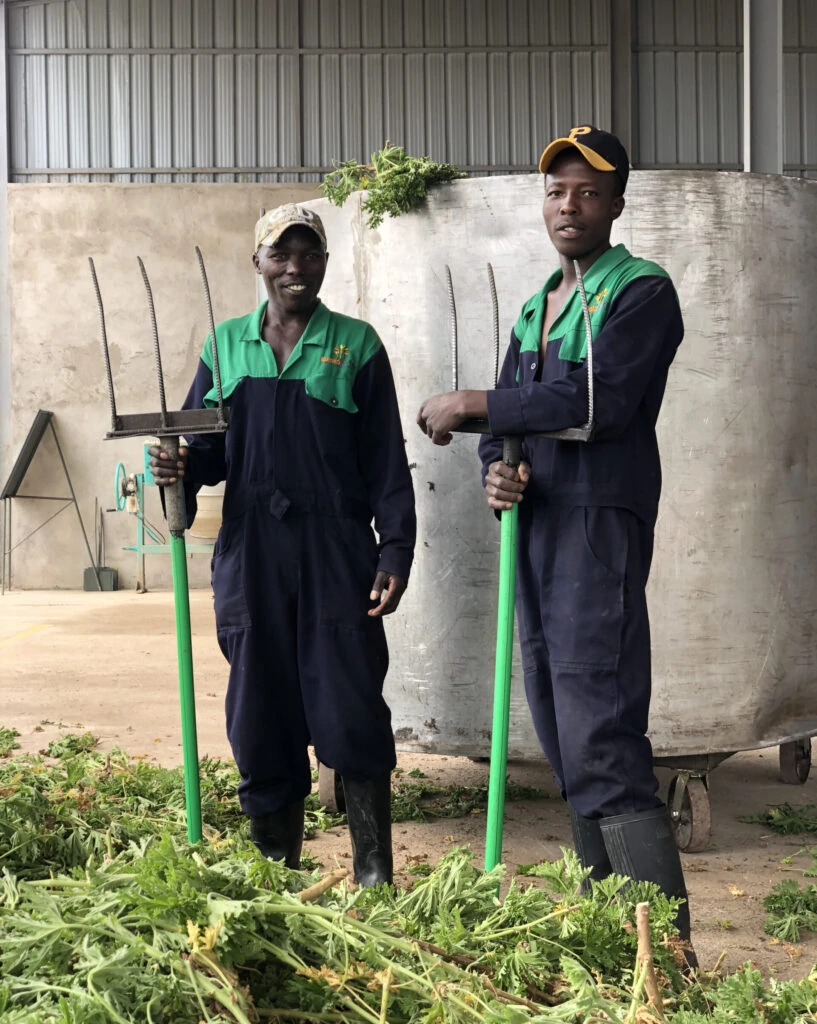
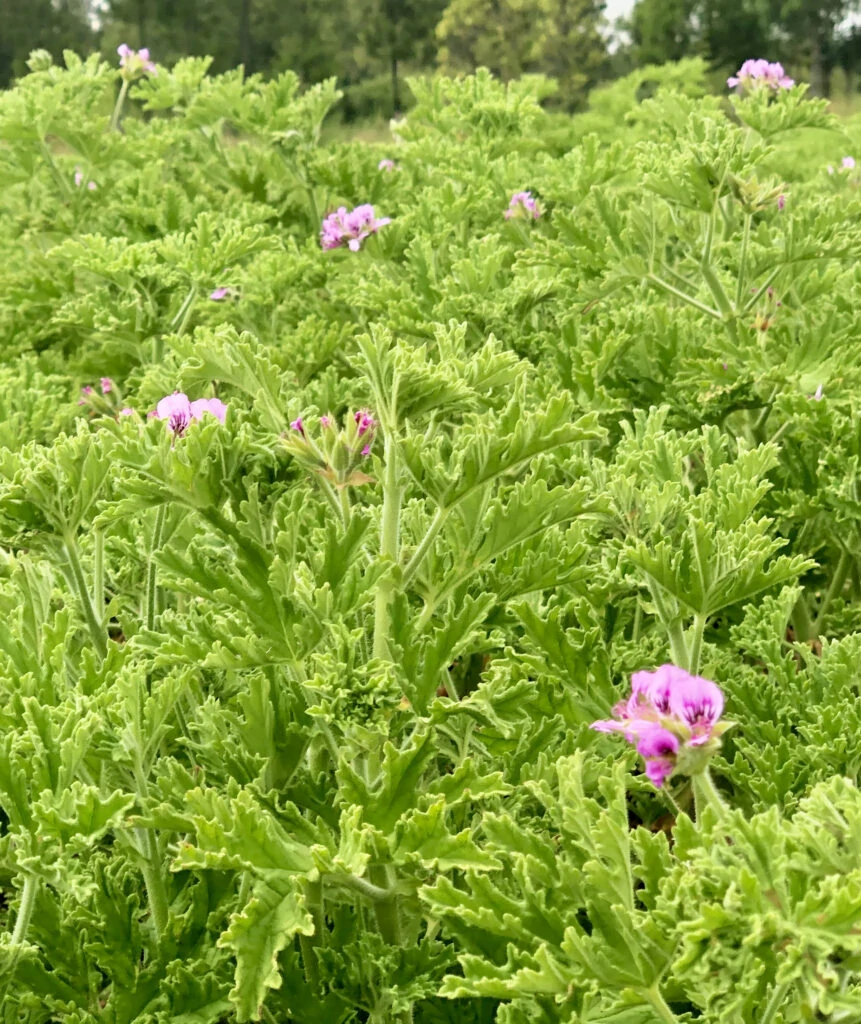
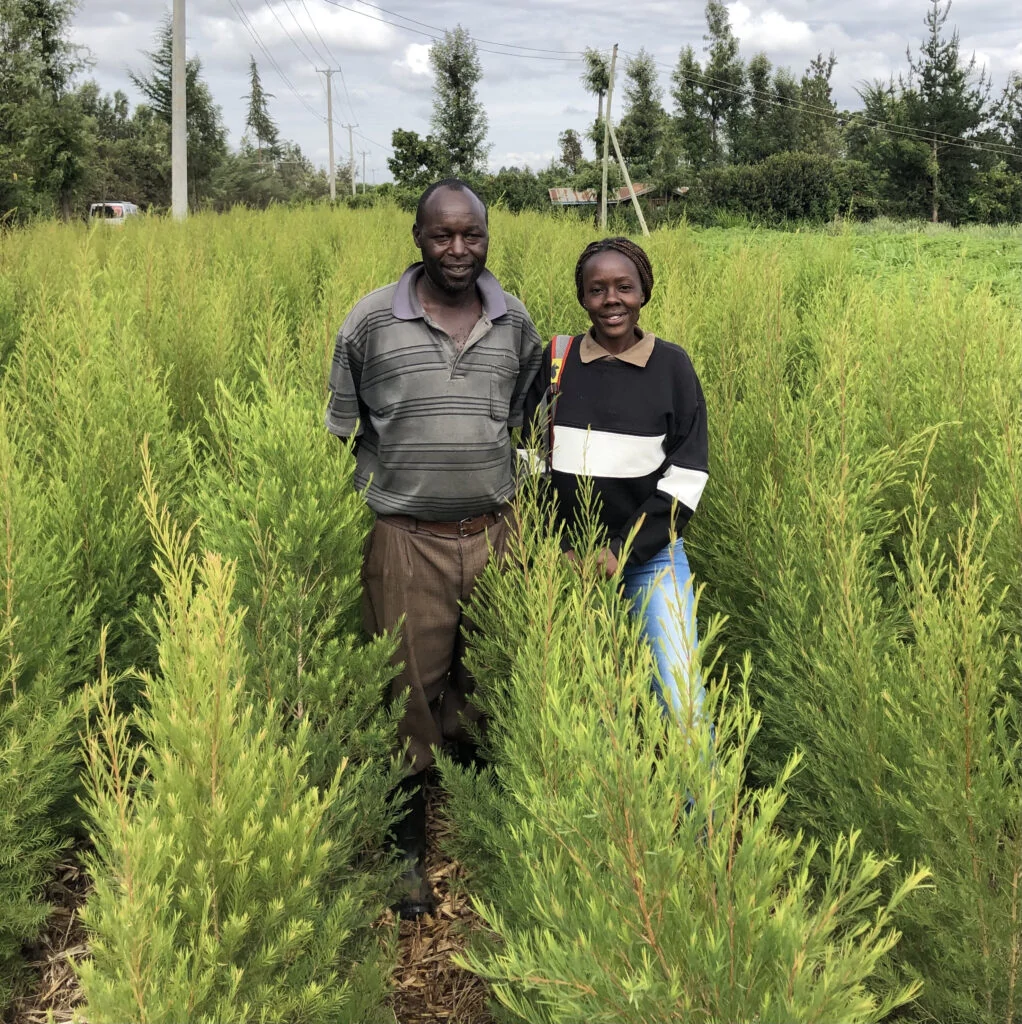
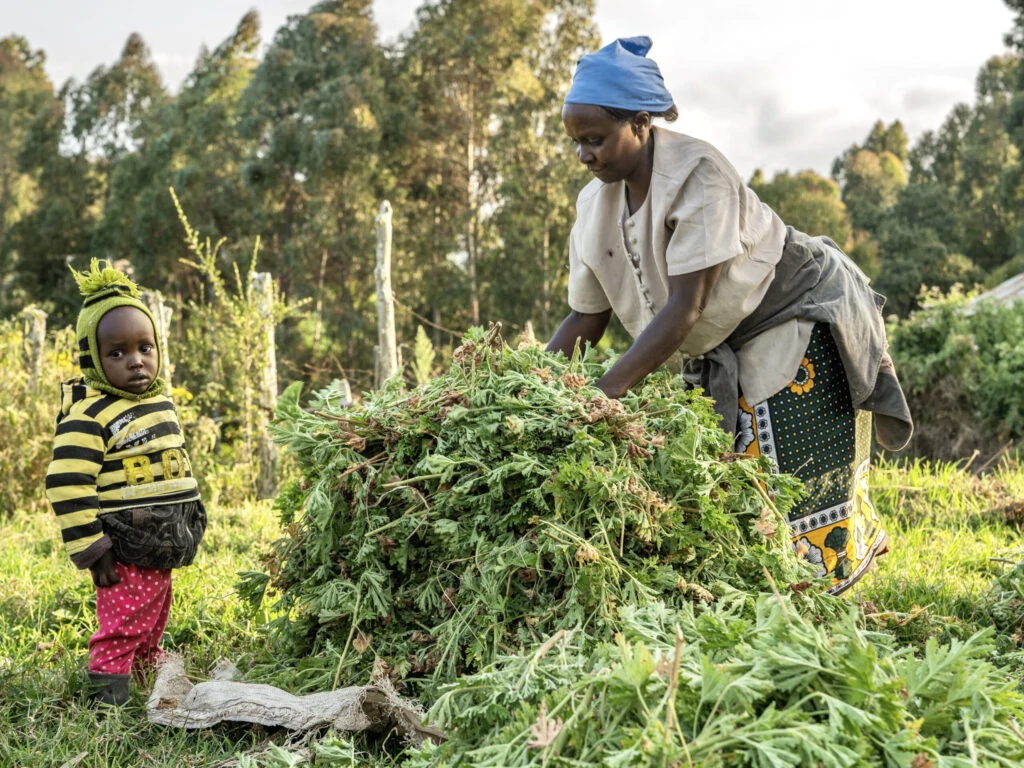
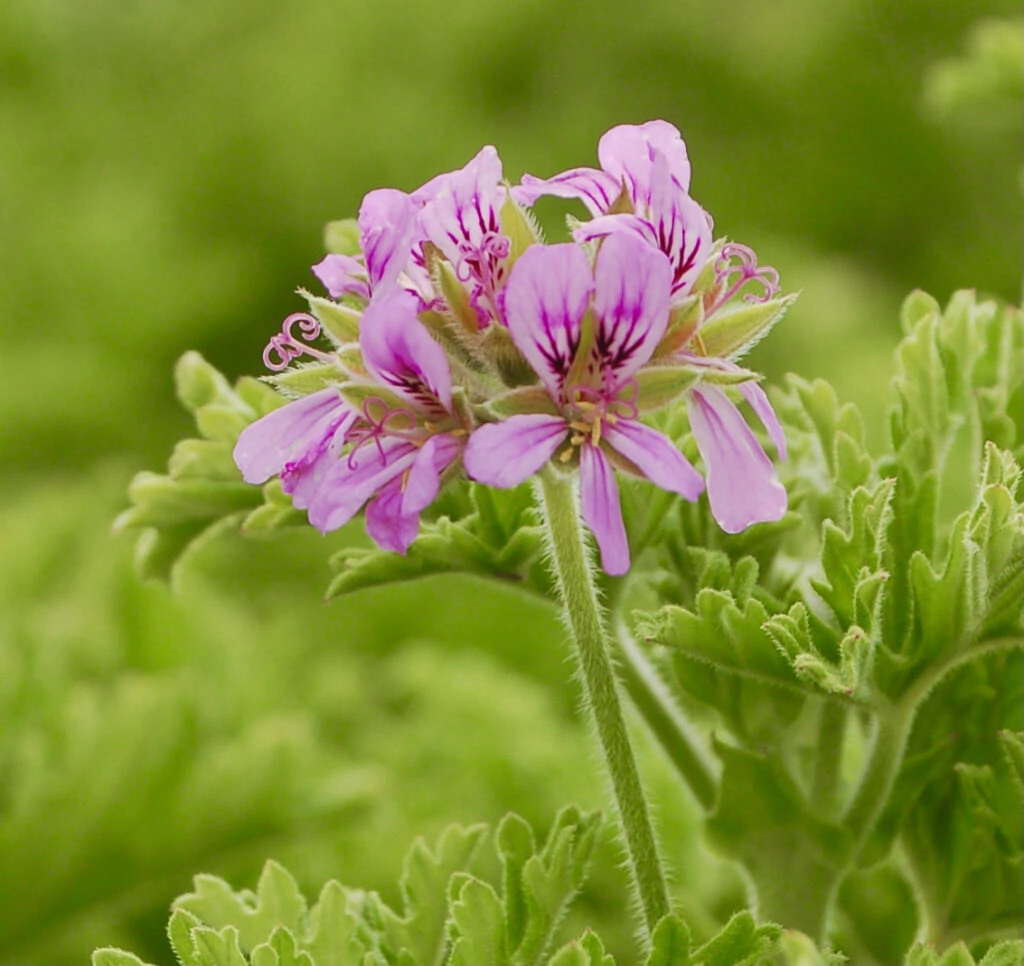
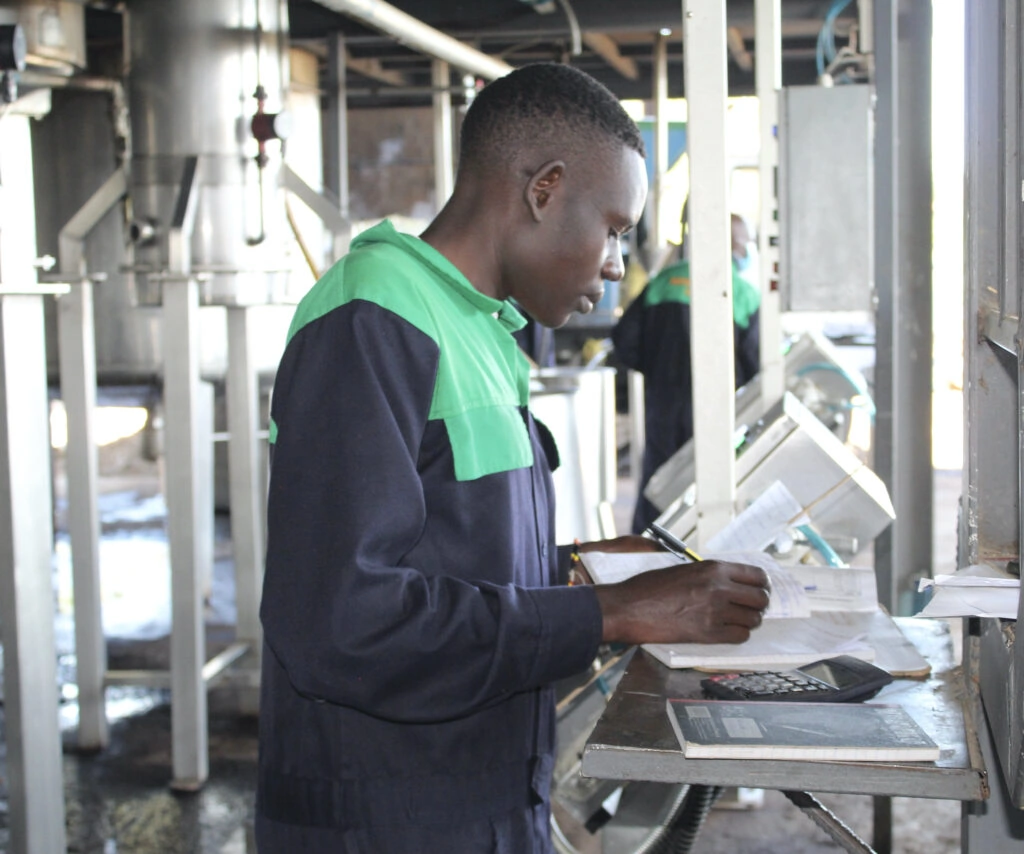
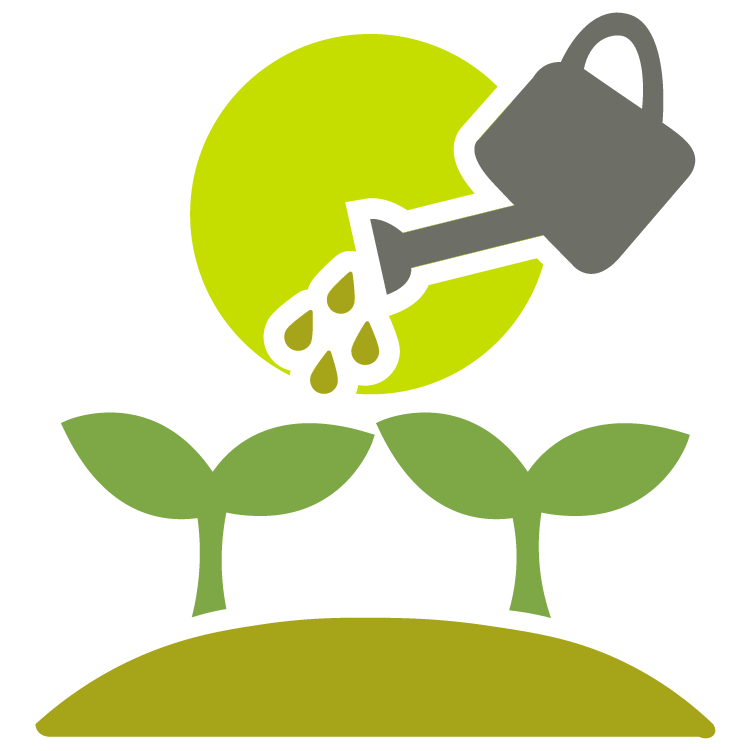
small-scale farmers
Many farmers’ families are involved in growing.

of farmers are female
This growing industry creates opportunities for women to participate.

acres of land being farmed
Helping rural farmers grow new crops and develop vital skills to gain a valuable second income from their land.

field officers
Field officers provide agricultural education and support.

different crops grown
Tea tree
Rosemary
Rose geranium
Oregano
Cypress
Wild-harvested tagete
The revolving seedling fund continues to credit farmers for the seedlings they plant, allowing them to make sustainable repayments from their earnings over a three-year period.
During this time, farmers access quarterly training in financial management, nutrition and climate smart agriculture.
Fairoils supports local community projects, investing funds equivalent to 10% of the value of biomass supplied by local farmers. These funds have been used to:
Fairoils has also established a co-impact sourcing initiative to support women who were previously sex workers. These women now receive a secure income to collect wild pepper seeds, improving safety and security for themselves and their children.

Partner with us to ensure farmers and workers receive a fair price for their produce and labour.

Distribution
Fairoils SRL
Avenue de l’Innovation 5
7822 Ghislenghien – Belgium
E: info@fairoils.com
P: + 32 68 28 43 16
© 2024 Fairoils Limited | Web design by Excite Media